

Articles
How To Make Homemade Dishwasher Soap
Modified: October 20, 2024
Discover the best articles on making your own homemade dishwasher soap. Learn simple recipes and tips for creating natural and effective cleaning solutions at home.
(Many of the links in this article redirect to a specific reviewed product. Your purchase of these products through affiliate links helps to generate commission for Storables.com, at no extra cost. Learn more)
Introduction
Having a dishwasher in your home can be a real time-saver, especially if you have a busy schedule. However, store-bought dishwasher soap can be expensive and often contains harsh chemicals that can be harmful to both your health and the environment. If you are looking for a natural, cost-effective alternative, making your own homemade dishwasher soap is the way to go.
Making homemade dishwasher soap is not only easy and affordable, but it also gives you the peace of mind knowing exactly what ingredients are being used. Plus, you can customize it to suit your preferences and needs, adding a personal touch to your cleaning routine.
In this article, we will guide you through the process of making your own homemade dishwasher soap. We will share the necessary ingredients, equipment required, and provide a step-by-step method to help you create a powerful and eco-friendly dishwasher soap that will leave your dishes sparkling clean.
Not only will you be saving money by making your own dishwasher soap, but you will also be reducing your environmental impact. Commercial dishwasher soaps often come packaged in plastic containers that contribute to waste and pollution. By making your own soap, you can store it in reusable containers, further reducing your carbon footprint.
So let’s dive in and discover the exciting world of homemade dishwasher soap that will not only clean your dishes effectively but also promote a healthier lifestyle and a sustainable environment.
Key Takeaways:
- Save money, reduce environmental impact, and customize your cleaning routine by making homemade dishwasher soap with natural ingredients and simple equipment.
- Experiment with variation options, follow tips for optimal results, and enjoy the benefits of a healthier, eco-friendly dishwashing experience.
Read more: How To Make Homemade Pillows
Ingredients
Making homemade dishwasher soap requires simple and easily accessible ingredients. Here are the key ingredients you will need:
- 1 cup of washing soda
- 1 cup of borax
- ½ cup of citric acid
- ½ cup of salt
- Optional: essential oils for fragrance (e.g., lemon or lavender)
Washing soda, also known as sodium carbonate, is a powerful cleaning agent that helps remove tough stains and grease from your dishes. Borax is a natural mineral that acts as a detergent booster, enhancing the cleaning power of the soap. Citric acid provides acidity to break down food particles and eliminate residue, while salt helps prevent hard water stains.
The essential oils are optional but can be added to give your homemade dishwasher soap a pleasant fragrance. Essential oils like lemon or lavender add a refreshing scent to your dishes.
It’s important to note that washing soda, borax, and citric acid can be found in the laundry aisle of most supermarkets or online. Ensure that you purchase food-grade citric acid for safe and effective use in your dishwasher soap.
Be cautious when handling these ingredients, especially if you have sensitive skin. It’s recommended to wear gloves and avoid inhaling the powder to prevent any potential irritation or allergic reactions.
Now that you have gathered all the necessary ingredients, let’s move on to the next section to explore the equipment needed for making homemade dishwasher soap.
Equipment
Making homemade dishwasher soap doesn’t require any specialized or complicated equipment. Here are the basic tools you will need:
- Measuring cups and spoons
- A mixing bowl
- A whisk or spoon for stirring
- Airtight containers or jars for storage
Measuring cups and spoons are essential for measuring the precise amounts of each ingredient. It’s important to follow the recipe closely to ensure the right balance of ingredients for effective cleaning. A mixing bowl is used to combine the dry ingredients thoroughly and evenly.
A whisk or spoon can be used for stirring the mixture, ensuring all the ingredients are well incorporated. A whisk can help break down any clumps that may form during the mixing process, resulting in a smooth and consistent dishwasher soap mixture.
Lastly, you will need airtight containers or jars to store your homemade dishwasher soap. These containers will ensure that the soap remains dry and effective until its next use. You can use recycled glass jars or any other containers with airtight lids to minimize waste and promote sustainability.
Make sure to clean and sanitize the containers before storing the soap to maintain proper hygiene. Label the containers with the ingredients and date of preparation for easy reference.
Now that you have all the necessary equipment ready, it’s time to move on to the next section and learn the step-by-step method for making your own homemade dishwasher soap.
Method
Now that you have gathered all the ingredients and equipment, let’s dive into the step-by-step method for making your own homemade dishwasher soap:
- In a mixing bowl, combine 1 cup of washing soda, 1 cup of borax, ½ cup of citric acid, and ½ cup of salt. Use a whisk or spoon to mix the dry ingredients together thoroughly. If there are any clumps, break them apart to ensure an even distribution.
- If desired, you can add a few drops of essential oil to the mixture for fragrance. Stir well to ensure that the oil is evenly incorporated into the dry ingredients. Essential oils like lemon or lavender work well, but feel free to experiment with your favorite scents.
- Transfer the mixture into airtight containers or jars for storage. Make sure to label the containers with the contents and date of preparation for future reference.
- To use the homemade dishwasher soap, simply add about 1-2 tablespoons of the mixture to your dishwasher’s detergent compartment. Adjust the amount based on the size of your dishwasher and the level of dirtiness on your dishes.
- Run your dishwasher as usual, following the manufacturer’s instructions. The homemade dishwasher soap will effectively clean your dishes and leave them sparkling.
It’s important to note that homemade dishwasher soap may not produce as many suds as commercial products. This is normal and does not affect the cleaning performance. The absence of excessive suds is actually a good thing, as it reduces the risk of detergent residue remaining on your dishes.
Remember that homemade dishwasher soap works best in conjunction with other dishwashing practices, such as scraping off excess food before loading the dishwasher and using the appropriate dishwasher settings for your specific dishes.
Now that you have successfully created your own homemade dishwasher soap, let’s explore some variation options to customize your detergent according to your specific needs and preferences.
To make homemade dishwasher soap, mix equal parts of baking soda and borax. Use 1-2 tablespoons per load and add vinegar as a rinse aid for sparkling dishes.
Variation Options
While the basic recipe for homemade dishwasher soap is highly effective, you can customize it by incorporating additional ingredients to meet your specific needs. Here are some variation options to consider:
- Vinegar: Adding a small amount of white vinegar to the mixture can help tackle hard water stains and mineral deposits on your dishes. About ¼ cup of vinegar can be added to the dry ingredients. However, be cautious when using vinegar as it may react with certain types of dishwasher materials. Check your dishwasher’s manual for compatibility before adding vinegar.
- Oxygen bleach: For extra stain-fighting power, you can add a tablespoon of oxygen bleach to the dry ingredients. Oxygen bleach is a natural alternative to chlorine bleach and can help remove tough stains and food residues.
- Baking soda: If you’re dealing with particularly stubborn stains, you can incorporate baking soda into the mixture. Add a tablespoon of baking soda to the dry ingredients. Baking soda is known for its abrasive properties, which can help remove tough stains and odors.
- Dish soap: If you prefer a more traditional soapy feel, you can add a small amount of liquid dish soap to the mixture. Start with just a teaspoon and adjust according to your preference. Keep in mind that adding dish soap may increase the suds produced during the dishwasher cycle.
These variation options allow you to tailor the homemade dishwasher soap to your specific needs and preferences. Remember to test each variation in small amounts and observe the results before committing to a larger batch.
Now that you have learned about the variation options, let’s move on to some tips and precautions to ensure the best results when using homemade dishwasher soap.
Read more: How To Make A Homemade Fan
Tips and Precautions
When using homemade dishwasher soap, it’s important to keep the following tips and precautions in mind:
- Pre-rinse your dishes: To ensure the best cleaning results, it’s a good practice to pre-rinse your dishes before loading them into the dishwasher. Removing excess food particles prevents clogs in the dishwasher and helps the soap work more effectively.
- Adjust the quantity: Every dishwasher and load of dishes is different, so feel free to adjust the amount of homemade dishwasher soap based on your specific needs. Start with the recommended amount and increase or decrease as necessary. Experimentation may be required to find the perfect amount for optimal results.
- Store in a cool, dry place: Proper storage is important to maintain the effectiveness of your homemade dishwasher soap. Keep the containers in a cool, dry place away from moisture and direct sunlight. This will help prevent clumping and ensure the soap remains in its best condition.
- Avoid mixing with other detergents: It’s best to avoid mixing homemade dishwasher soap with other commercial dishwasher detergents. The combination of different products may result in chemical reactions or clumping, leading to ineffective cleaning results or damage to the dishwasher.
- Use caution with delicate dishes: Homemade dishwasher soap is generally safe for most dishes; however, exercise caution with delicate items such as fine china or hand-painted porcelain. If you have any doubts, it’s best to hand wash such items to preserve their quality and avoid potential damage.
- Monitor for residue: After running the dishwasher cycle, inspect your dishes for any soap residue. If you notice a film or residue, you may need to adjust the amount of dishwasher soap or add vinegar to the rinse cycle for better results.
- Keep out of reach of children: While the ingredients used in homemade dishwasher soap are generally safe, it’s important to store them out of reach of children. Avoid any accidental ingestion or contact with eyes or skin. If any irritation occurs, rinse thoroughly and seek medical advice if necessary.
By following these tips and precautions, you can ensure optimal cleaning results and a safe and enjoyable dishwasher experience with your homemade soap.
Now that you have all the knowledge you need to make and use homemade dishwasher soap, it’s time for you to give it a try and enjoy the benefits of a natural, cost-effective, and eco-friendly alternative to store-bought dishwasher soap.
By making this simple switch, you are not only taking a step towards a healthier lifestyle but also contributing to the well-being of our environment. Happy dishwashing!
Conclusion
Making your own homemade dishwasher soap is a rewarding and beneficial endeavor. Not only does it allow you to have control over the ingredients used, but it also saves you money and reduces your environmental impact.
With just a few readily available ingredients and basic equipment, you can create a powerful and eco-friendly dishwasher soap that will leave your dishes sparkling clean. By incorporating variation options, you can tailor the soap to suit your specific needs and preferences.
However, it’s important to keep in mind some tips and precautions to ensure the best results when using homemade dishwasher soap. Pre-rinsing your dishes, adjusting the quantity, and storing the soap properly are all key factors in achieving optimal cleaning performance.
By choosing to make and use your own homemade dishwasher soap, you are taking a step towards a healthier and greener lifestyle. You are reducing the use of harsh chemicals and plastic waste associated with commercial dishwasher soaps, promoting sustainability in your household.
So why not give it a try? Explore the exciting world of homemade dishwasher soap and discover the satisfaction of having clean dishes while minimizing your ecological footprint.
Remember to have fun experimenting with different scents and variations, and don’t be afraid to adjust the recipe to suit your personal preferences. Enjoy the process and embrace the benefits of homemade cleaning products.
Happy dishwashing and cheers to a cleaner, greener home!
Frequently Asked Questions about How To Make Homemade Dishwasher Soap
Was this page helpful?
At Storables.com, we guarantee accurate and reliable information. Our content, validated by Expert Board Contributors, is crafted following stringent Editorial Policies. We're committed to providing you with well-researched, expert-backed insights for all your informational needs.
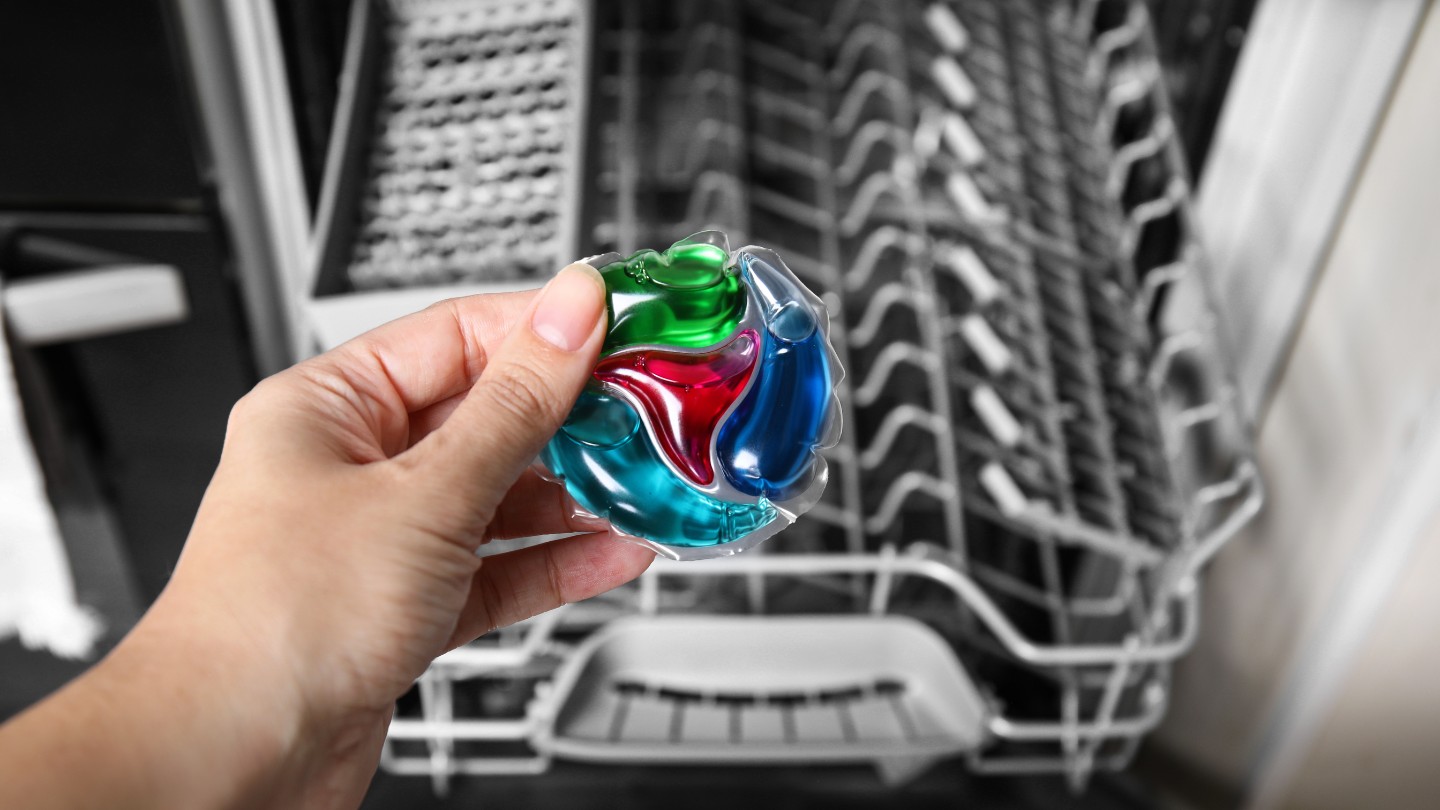
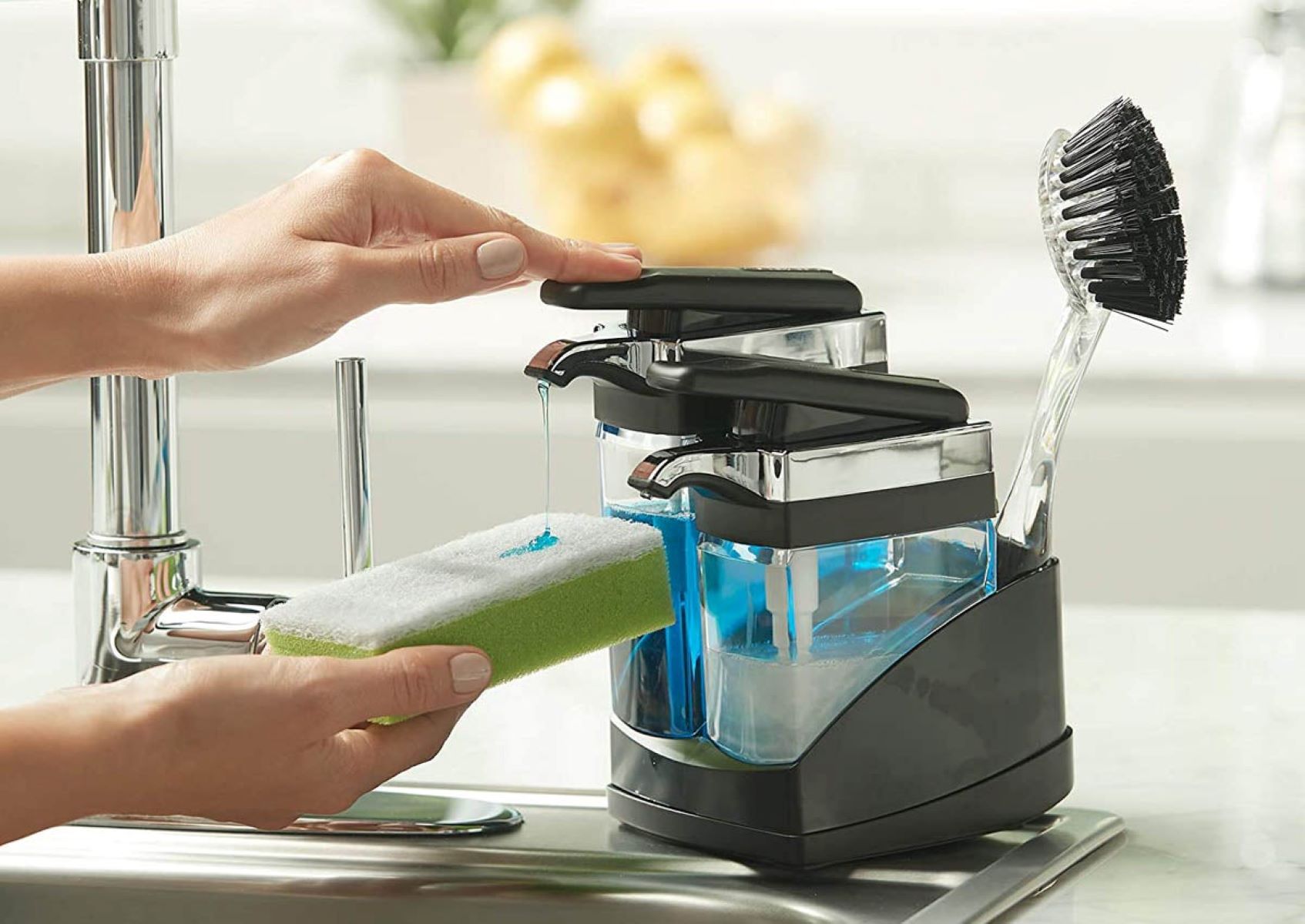
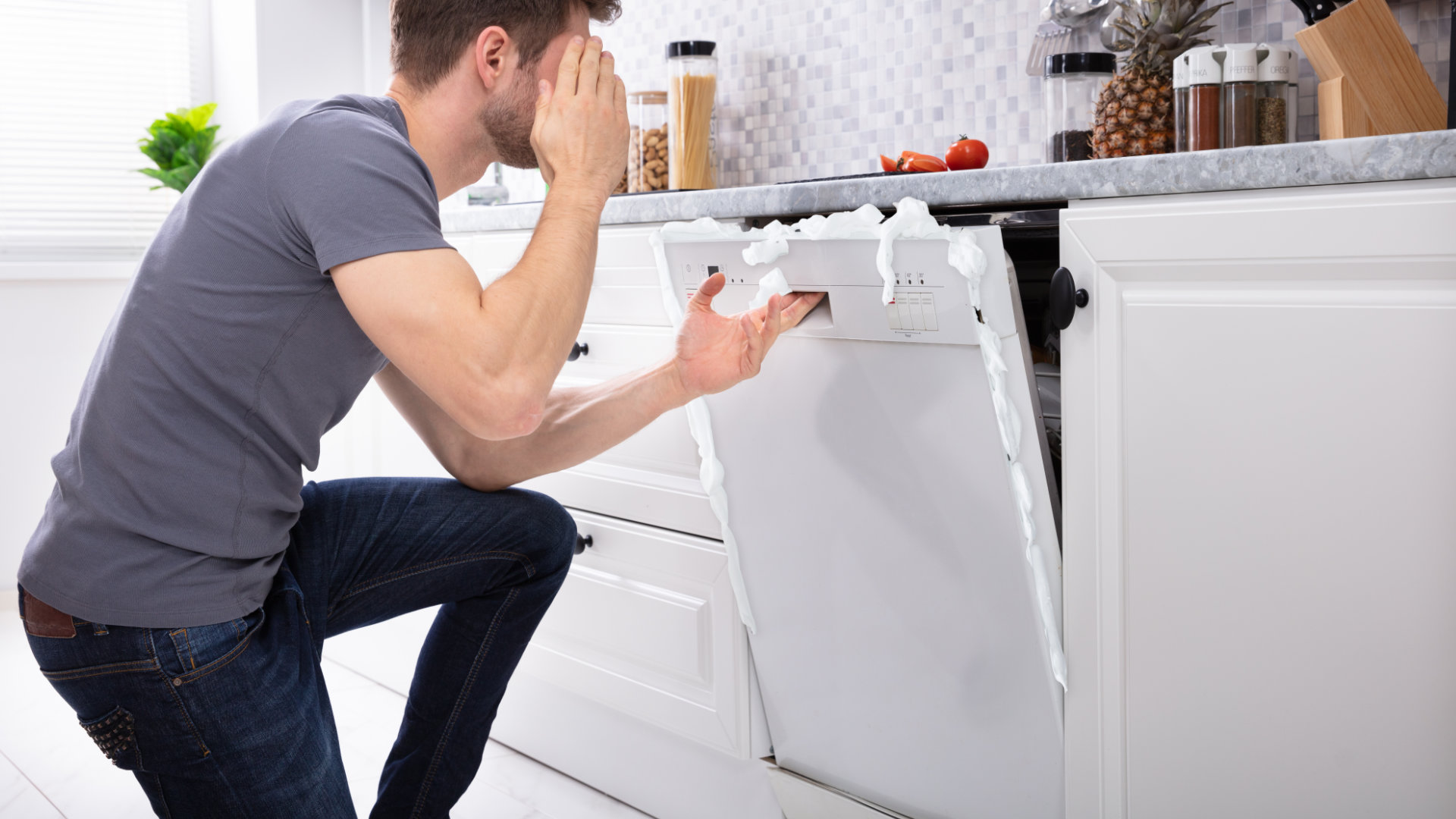
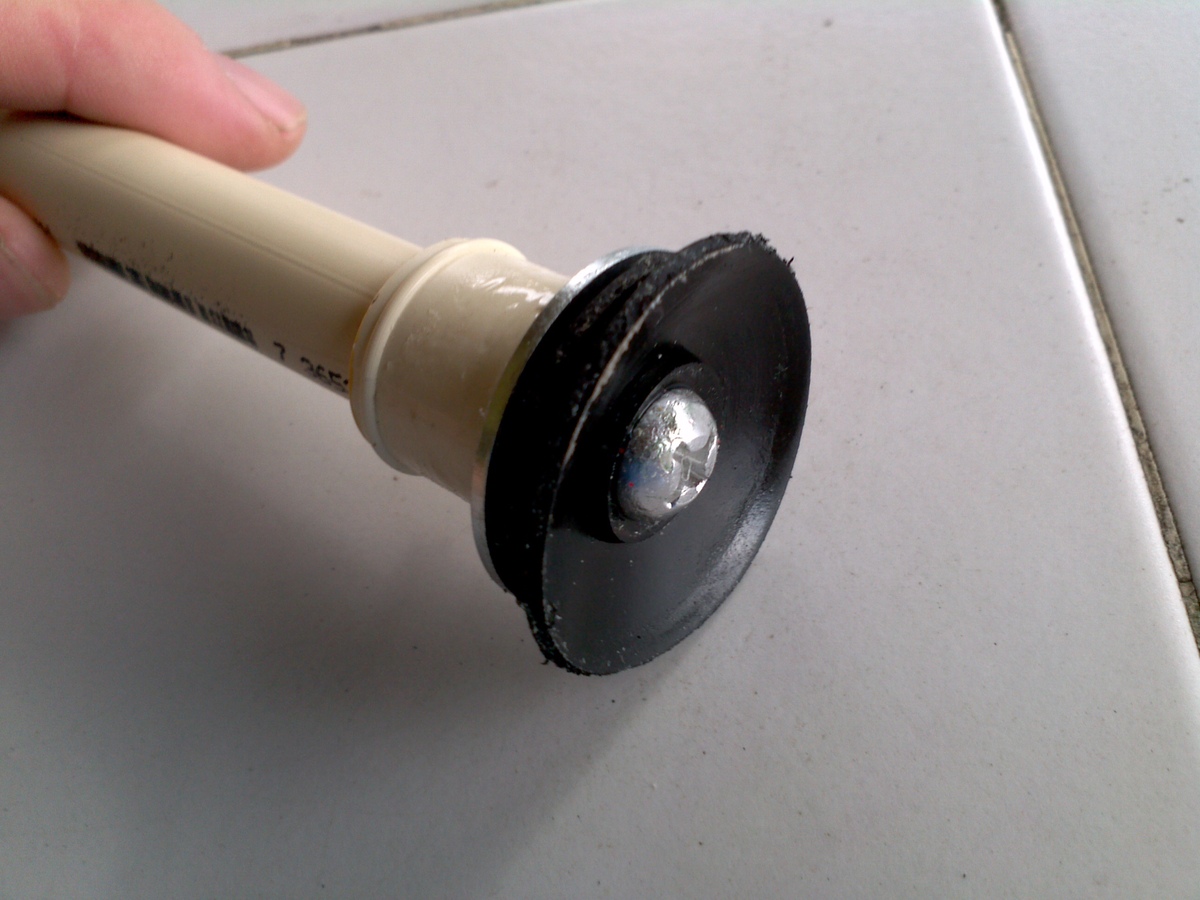
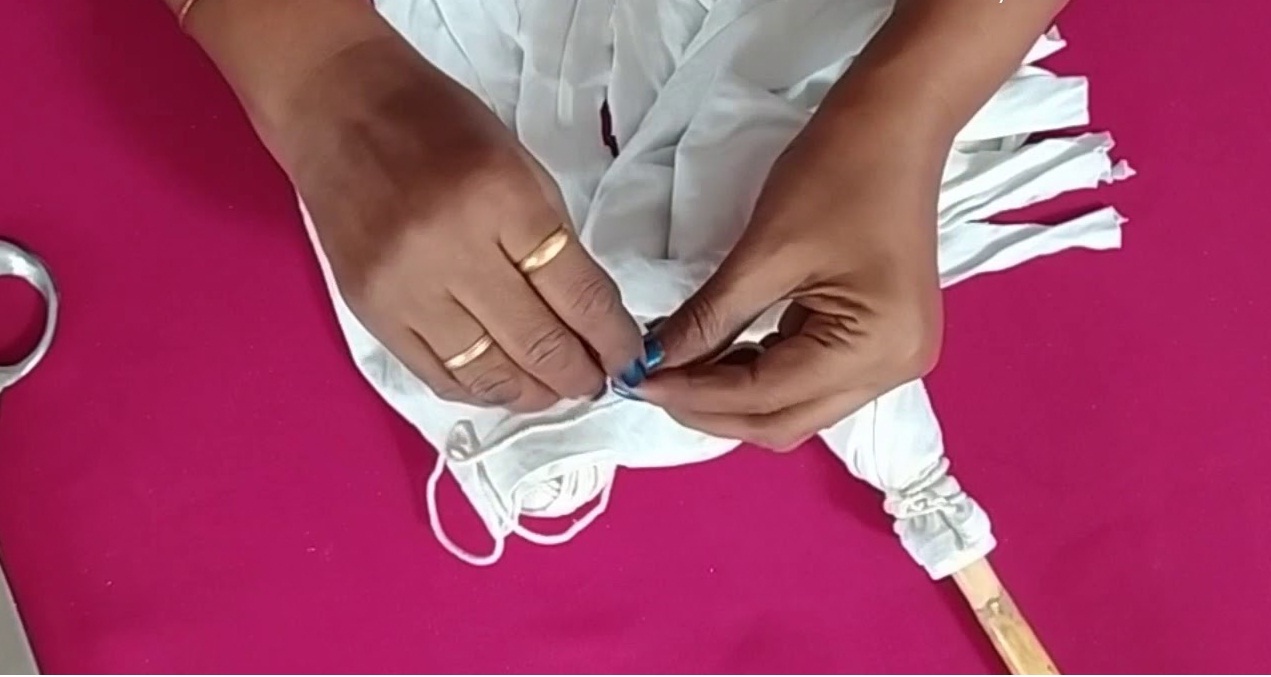
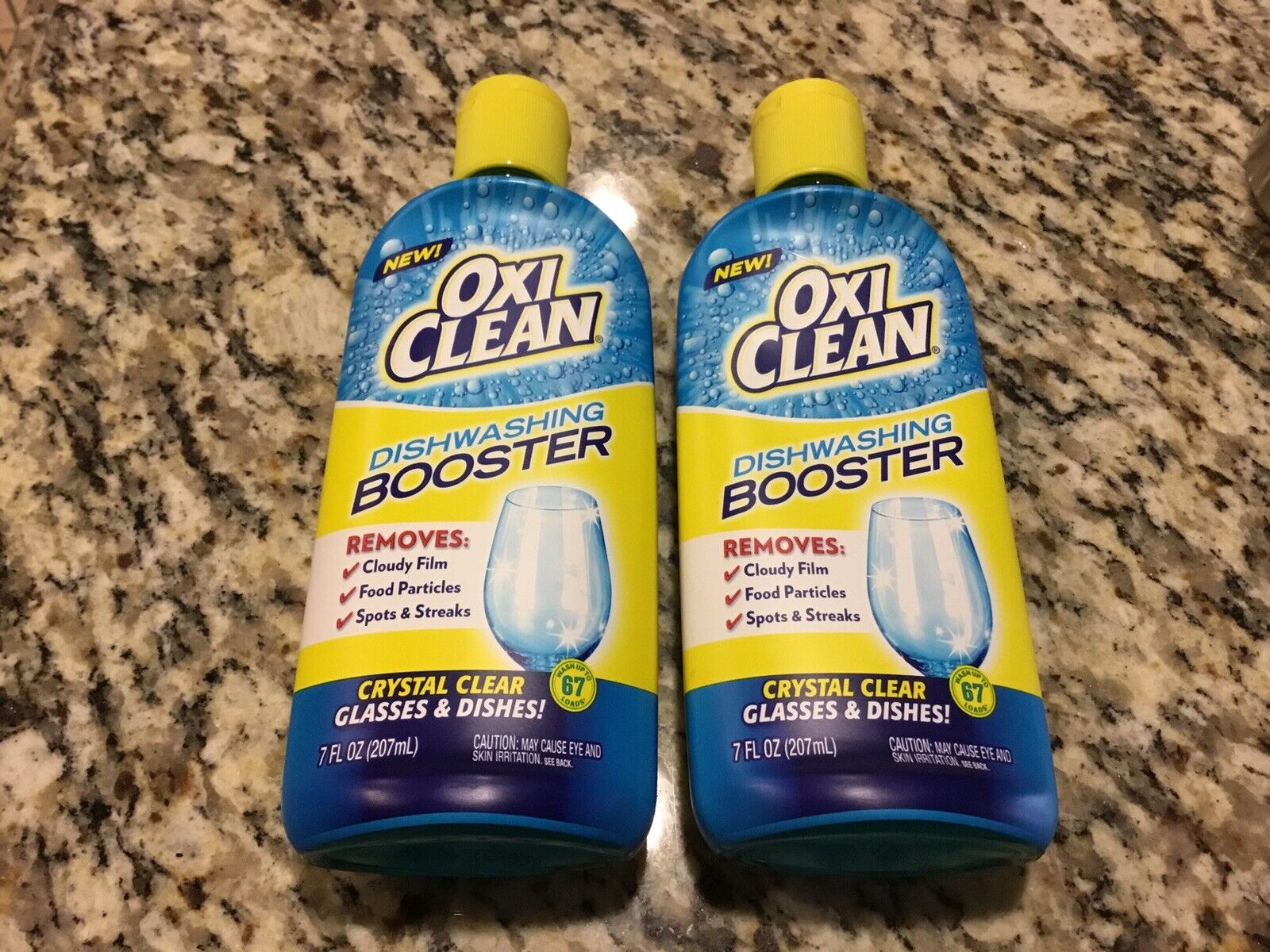
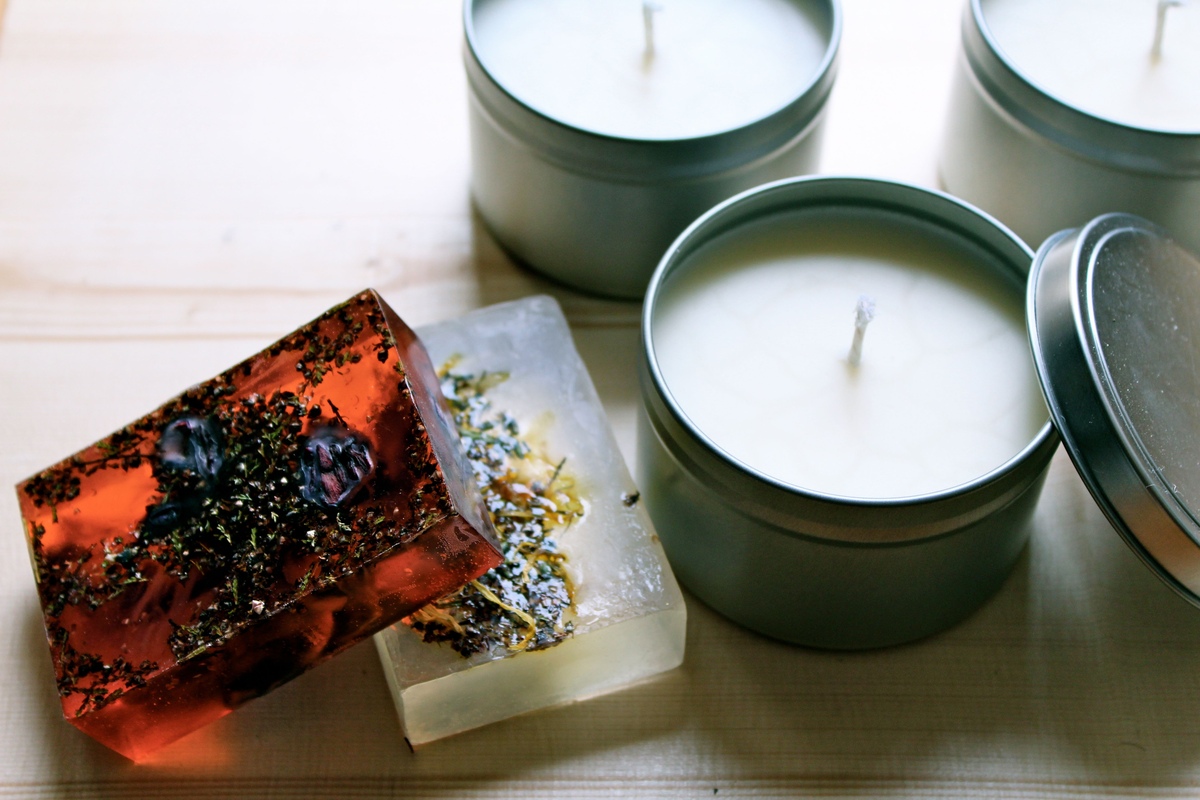
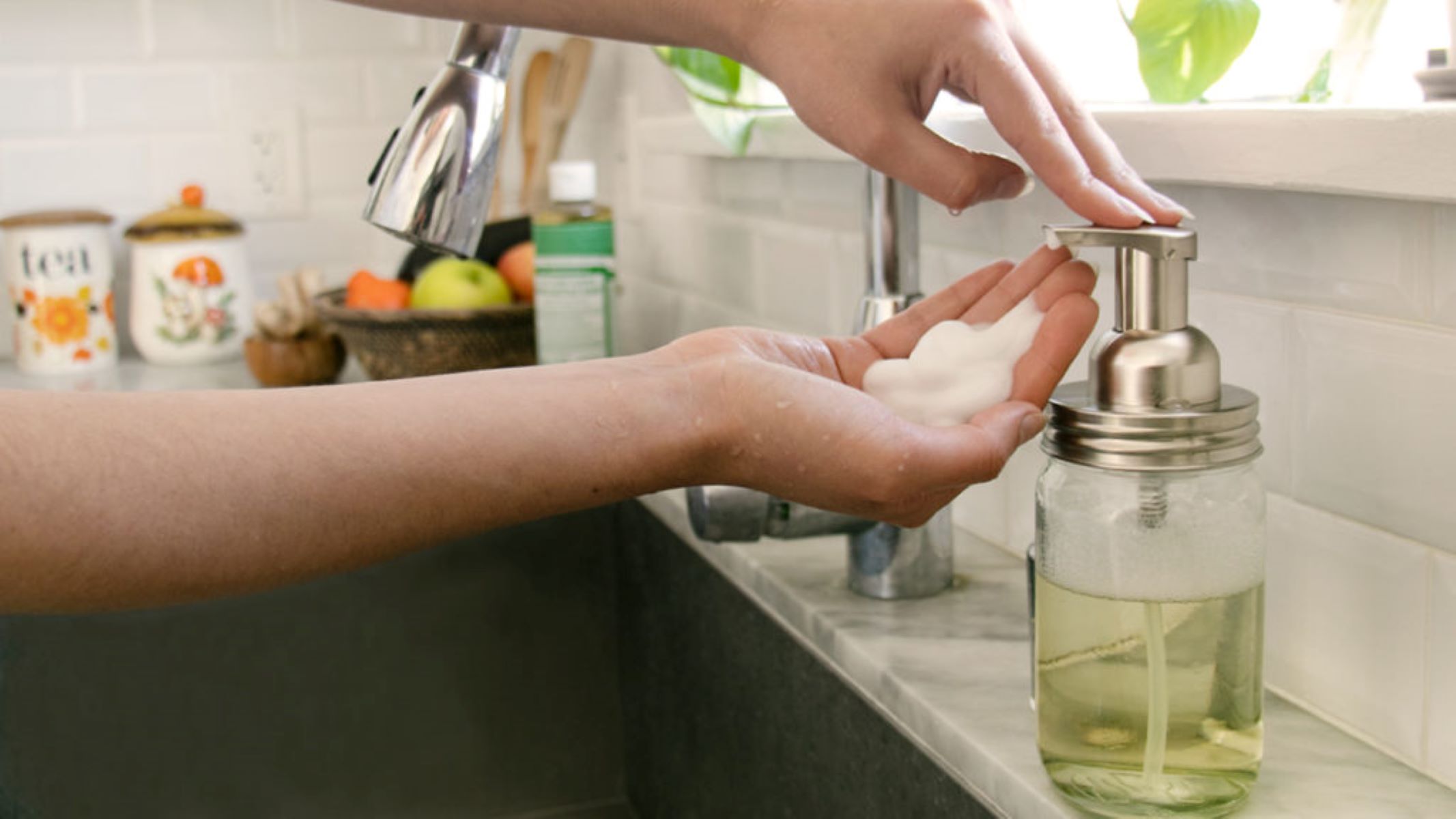
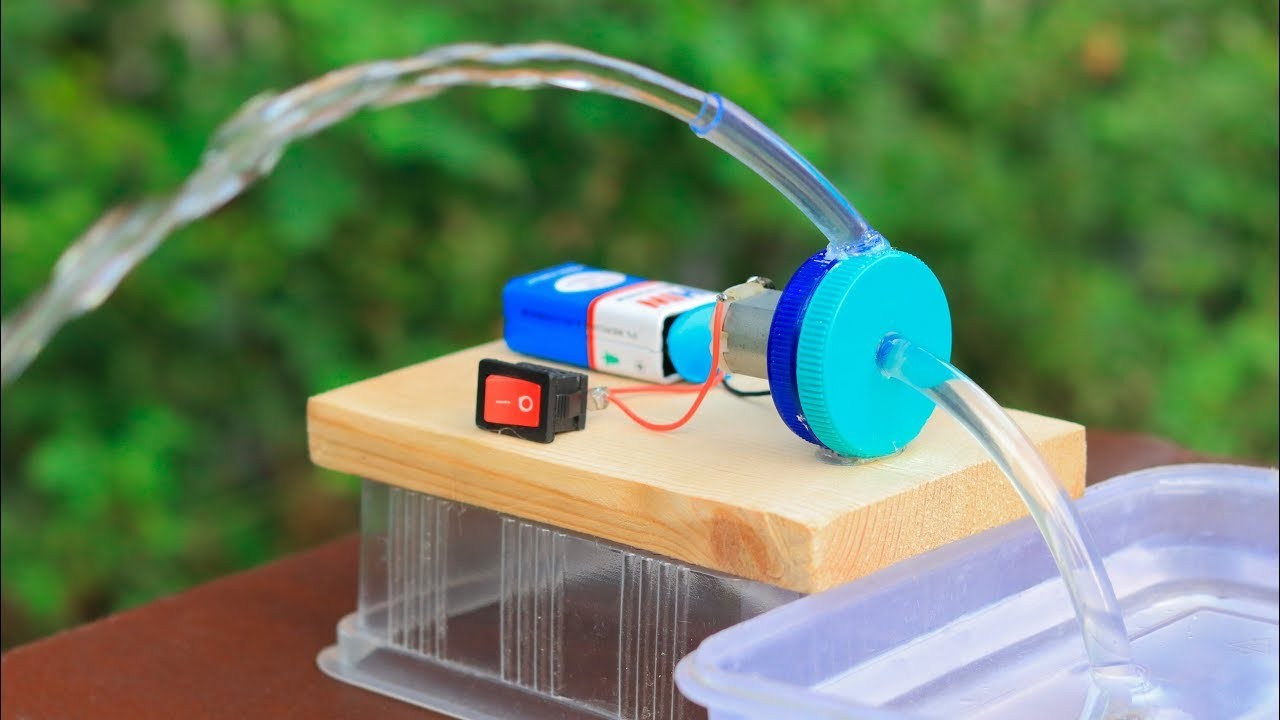
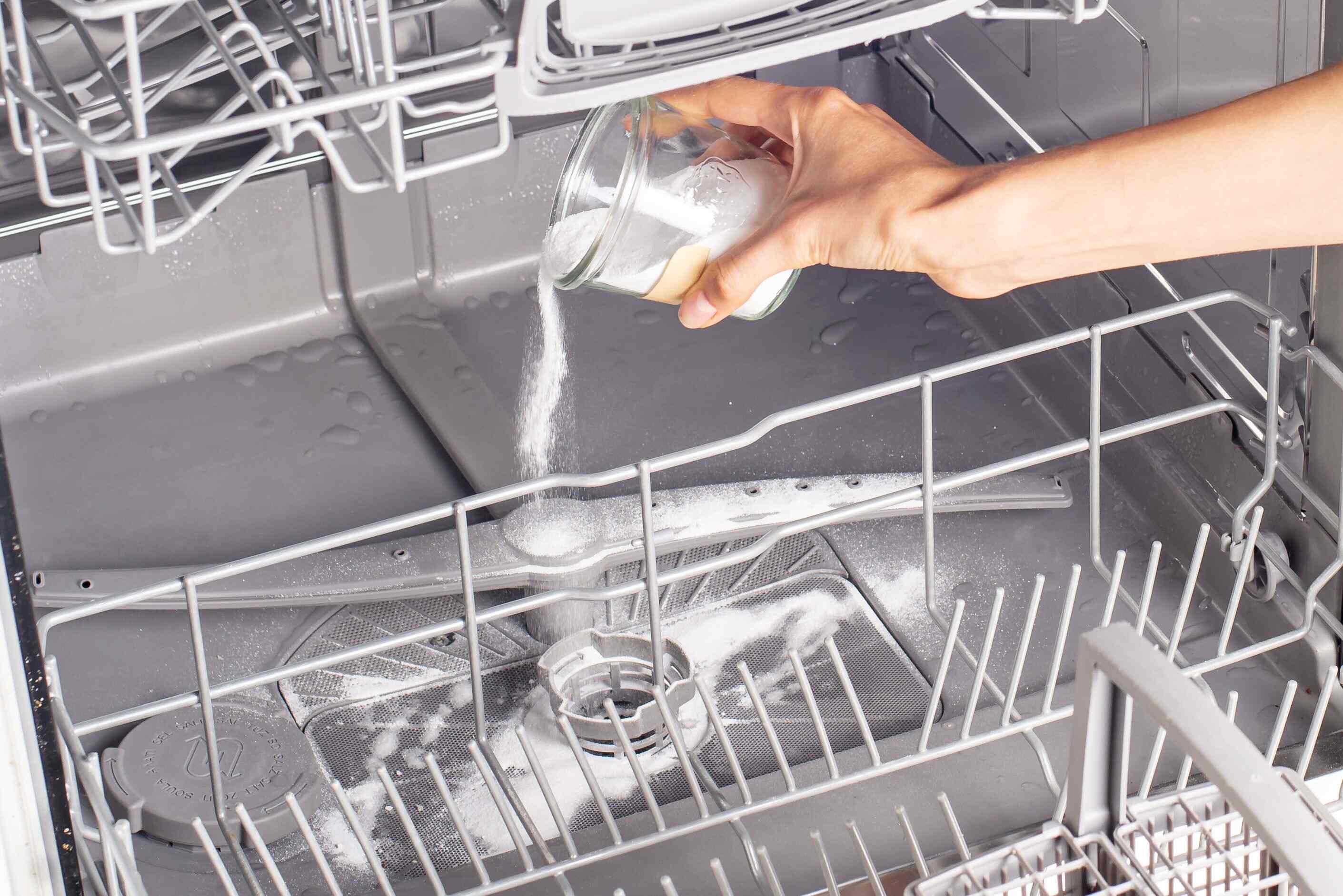
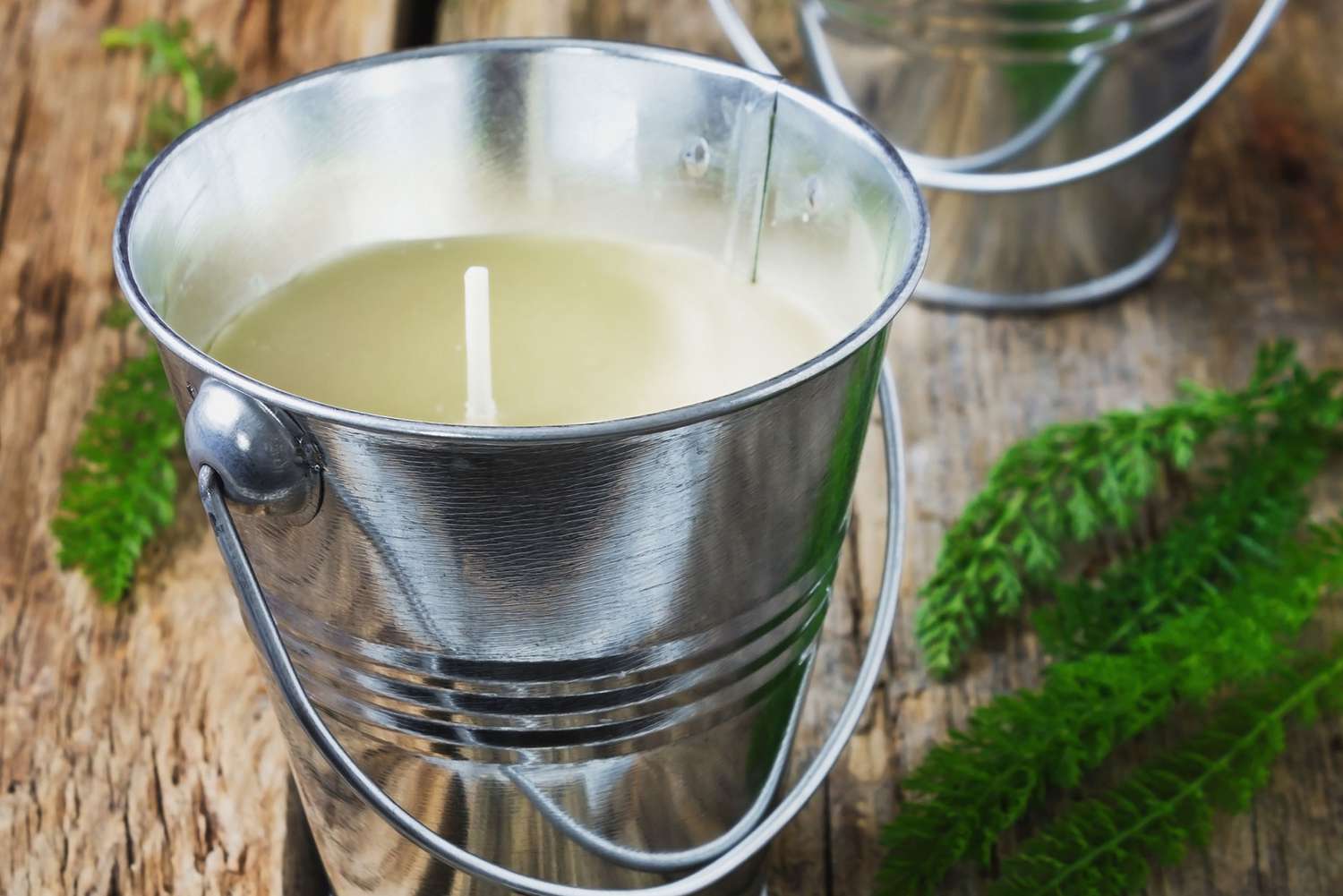
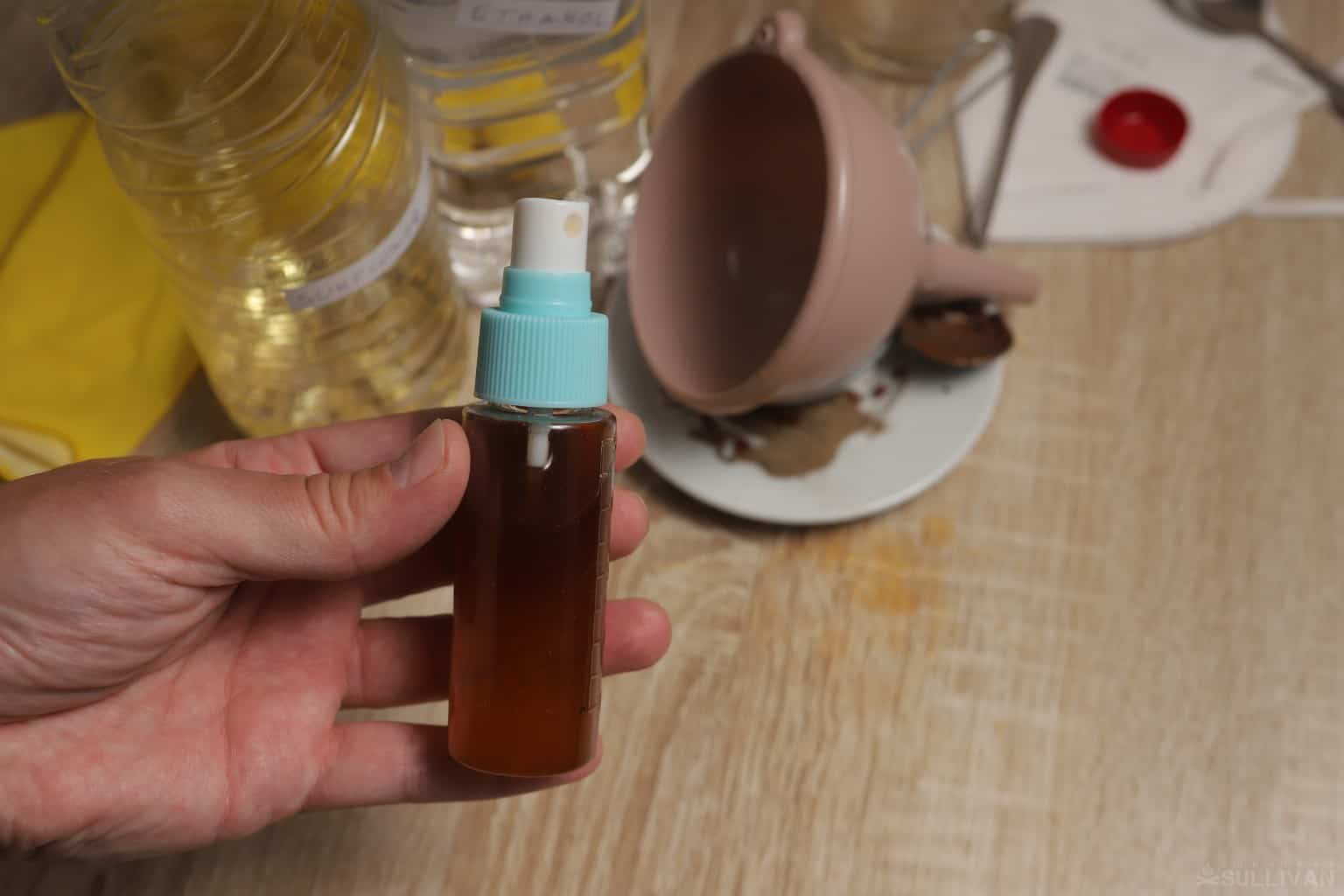
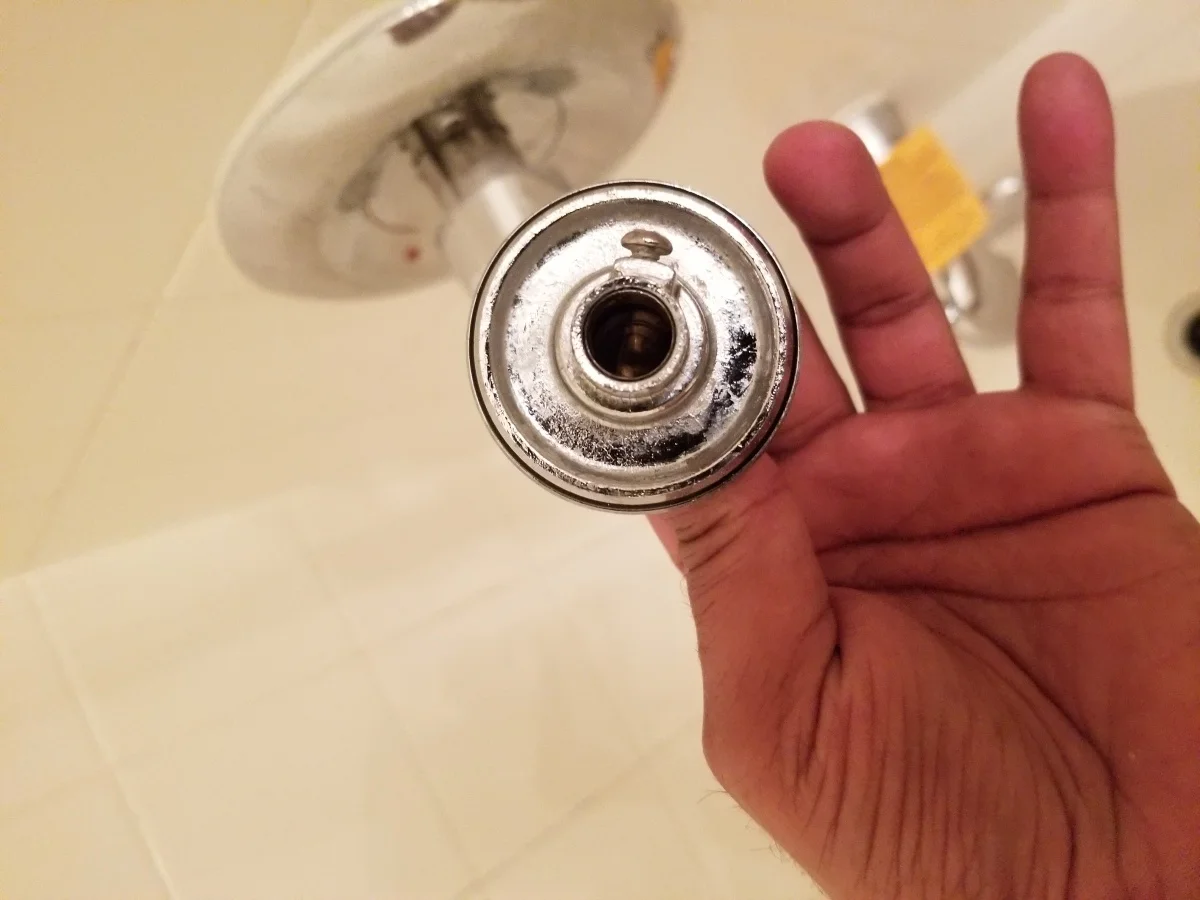
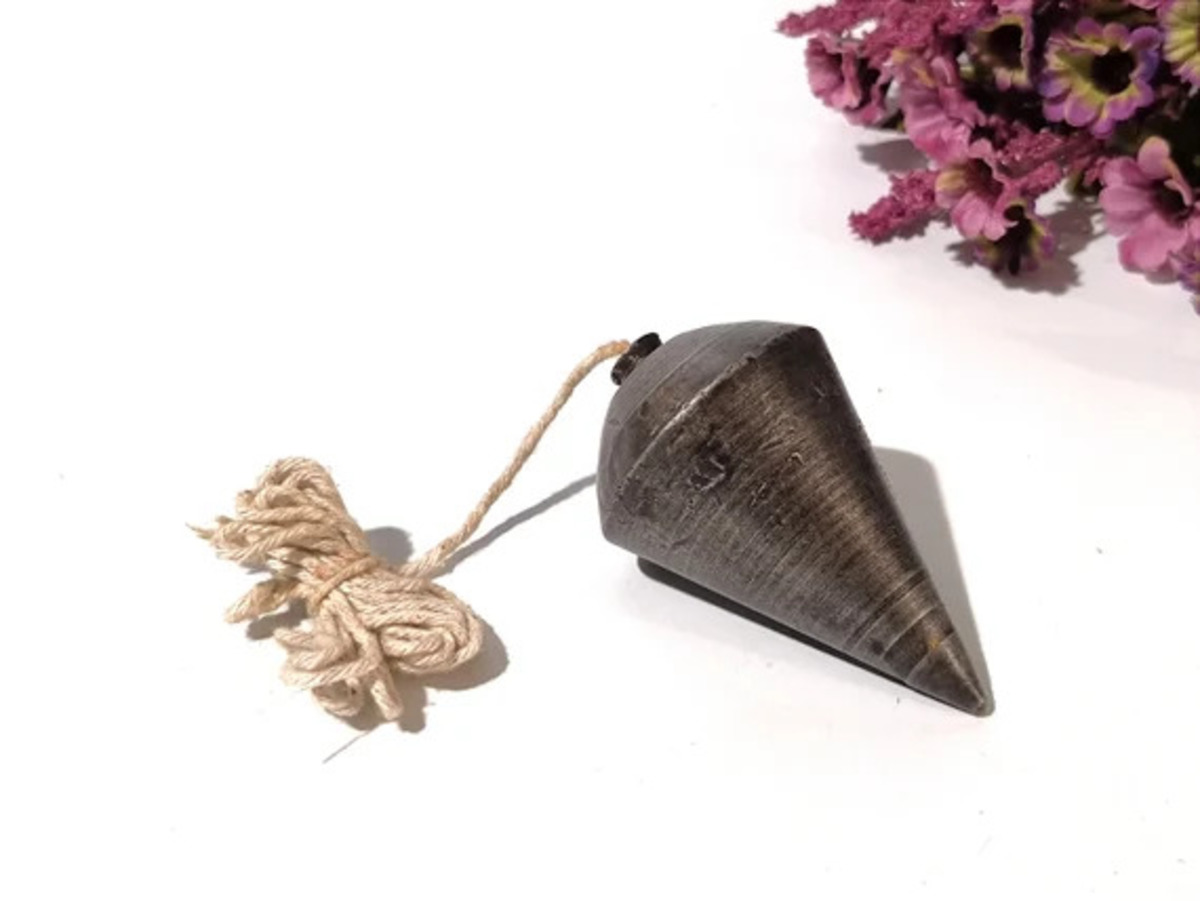

0 thoughts on “How To Make Homemade Dishwasher Soap”